BEYOND THE CYBORG
BEYOND THE CYBORG
ADVENTURES WITH DONNA HARAWAY
MARGRET GREBOWICZ AND HELEN MERRICK
with a seed bag by Donna Haraway
Columbia University Press

New York
Columbia University Press
Publishers Since Since 1893
New York Chichester, West Sussex
cup.columbia.edu
Copyright 2013 Columbia University Press
All rights reserved
E-ISBN 978-0-231-52073-7
Library of Congress Cataloging-in-Publication Data
Grebowicz, Margret, 1973
Beyond the cyborg: adventures with Donna Haraway / Margret Grebowicz and Helen Merrick; with a seed bag by Donna Haraway.
pages cm
Includes bibliographical references and index.
ISBN 978-0-231-14928-0 (cloth: alk. paper) ISBN 978-0-231-14929-7 (pbk.: alk. paper) ISBN 978-0-231-52073-7 (e-book)
1. Haraway, Donna Jeanne. 2. Feminists. 3. Feminist theory. 4. Feminist criticism. 5. ScienceSocial aspects. 6. TechnologySocial aspects. I. Merrick, Helen. II. Haraway, Donna Jeanne. III. Title.
HQ1413.H374G74 2013
305.42dc23 2012041471
A Columbia University Press E-book.
CUP would be pleased to hear about your reading experience with this e-book at .
Cover/jacket design: Rosalyn Migdal
References to Web sites (URLs) were accurate at the time of writing. Neither the author nor Columbia University Press is responsible for URLs that may have expired or changed since the manuscript was prepared.
CONTENTS
DONNA HARAWAY
Margret thanks first of all the people whose subtle but unwavering support accompanied the unglamorous labor of writing: Johanna Oksala for her keen eye for infrastructure and those home-cooked dinners that got me through one Scottish winter, my brother Maciej for his enthusiasm and interest, Lia Litosseliti and Max Lents for always remembering to ask about it, and my parents, as always, for everything. I thank the Philosophy Department at University of Dundee for inviting me to do my research there and the Philosophy Department at Goucher College for allowing me to stay away for as long as it took to finish. Support for research and writing time was provided by Goucher College and the Leverhulme Trust.
Helen would like to thank Katie King, whose practical and intellectual support for this project (and indeed my work in general) is greatly appreciated. Support for research and writing time was provided through grants from the Faculty of Humanities, Curtin University. Thanks also to Ted Mitew, Em McAvan, and Kandace Mavrick for their research assistance and to my Information Studies colleague Gaby Haddow for invaluable advice and chats about bibliometrics. Finally thanks go to my parents, Anne and Geoff Merrick, for all those days of childcare and meals that enabled me to get on with writing; to Alisdair and Julia for putting up with too many nights and weekends when Mum was always at the computer; and to Stewart, for giving me the space, time and support I needed to write this book.
Together we thank our reviewers, whose careful reading, suggestions, and critique were an immense help in the writing and rewriting of the book. Most importantly, we thank Donna Haraway. We have been privileged to be the recipients of her well-known academic and intellectual generosity as she read and responded to our work and finally wrote the contribution that appears here. Ideas in this book have appeared previously in Margret Grebowicz (2010), When Species Meat: Confronting Bestiality Pornography. Humanimalia 1:2, as well as Margret Grebowicz (2007), Feminist Science Studies After Lyotard: Dissensus, Knowledge, and Responsibility and Margret Grebowicz and Emily Zakin (2007), On Promising and Destructive Monsters: Reading Lyotards She, both in Margret Grebowicz, ed., Gender After Lyotard (Albany: SUNY Press).
For academics interested in contemporary feminist theory and cultural studies, Donna Haraway is a key figure and one of the more original and challenging theorists of the twenty-first century. Her standing in feminist science studies and cybercultural studies in particular is attested to by the continual reprinting of her work in anthologies on bodies, technologies, and knowledges. Much of her reputation flows from that iconic and well-traveled text, the Manifesto for Cyborgs, written over twenty-five years ago.
This book aims to address the lack of critical studies of Haraway and, in particular, to foreground Haraways importance for contemporary feminist theories and interdisciplinary thought and practice more generally. We argue that the ongoing fascination with and reproduction of the cyborg has overshadowed other crucial aspects of Haraways work in the last twenty-five years and has disciplined the reception and uptake of her work in ways that sometimes run counter to her own transdisciplinary practices. To gesture beyond the cyborg means to examine the broader trajectories of Haraways work and their implications and possibilities for a range of feminist (and not only) research projects. In so doing, we aim to disturb the default position that the cyborgor at least a particular, limited reading of this figureis Haraways most significant contribution to contemporary theory, in order to provide a more complex, historically situated account of Haraways relation to Western political thought broadly speaking.
The book thus follows Haraways own lead in resituating the cyborg as a minor member of the companion species familyHaraways latest favored figure for exploding our conventional stories of the subjects/objects/worlds of human and nonhuman others. At the same time (despite Haraways own insistence on the specificities of historical contingency), we also see a need to revisit some of her earlier work, which has received little attention outside of feminist science studiestexts we see as central to many of the key debates in contemporary feminist thinking.
In terms of audience, our aim with this book is twofold: first to encourage engagements with Haraways broader theoretical and methodological insights across a range of readers and communities; secondand most cruciallyto affirm the truly transdisciplinary potential of her work by exploring its relevance to multiple strands of feminist theory and political philosophy generally rather than specific concerns within feminist science studies. We are interested not only in tracing omissions and misappropriations in surrounding discourses but also in working through the productive possibilities of theorizing with Haraway as we think through contemporary epistemological, ecological, and political questions.
On Adventure
I feel that I have written the same paper twenty times, writes Haraway in the introduction to The Haraway Reader (Haraway 2004:2). But which paper was it? If in fact it is the Manifesto for Cyborgs, also known as The Cyborg Manifesto, that she has written over and over again, are the humanities not justified in their obsessive reprinting of the piece to the exclusion of her other texts? Perhaps it is some other paper that she keeps writing, and the humanities are missing the point completely as they canonize the cyborg. Or perhaps the paper she has written twenty times exists only ideally, in the space between the actual essays cited and recited in scholarship. This, after all, is the interminable task of the commentator: to chase down that paper, the one the thinker has been writing over and over, the one just peeking through the blinds of the actual writings and waiting for articulation, illumination.
most notably: her approach to naturecultures and careful mediation between constructivism and commitment to the material; her attention to critical storytelling and risky reading as central to feminist methodology; her critique of feminist standpoint theories and the alternative offered by the notion of situated knowledges; her contributions to democratic theory and the central role of the nonhuman otheras empirical fact and discursive constructin the formulation of the political future. Each chapter is an adventure with one aspect of the material/semiotic assemblage that is Haraway the critic/theorist/biologist/feminist/historian/humorist/ironic storyteller/sportswriter/dog trainer. These are not separate identities or modes of address that can be dearticulated, and one of the challenges we face as we read/write with Haraway is staying true to her commitment to all these modes simultaneously.

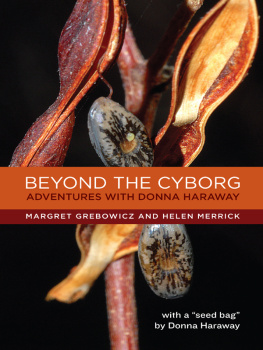


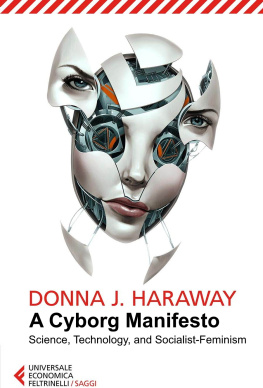
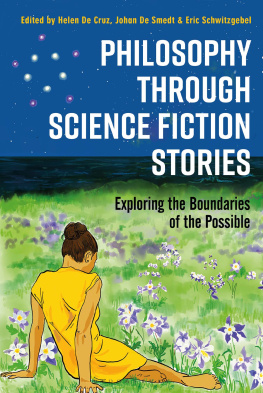
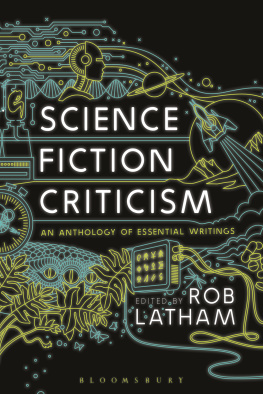
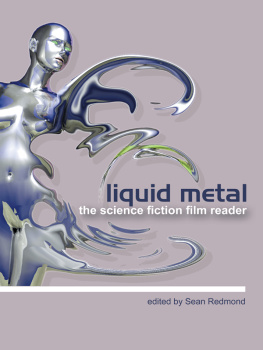
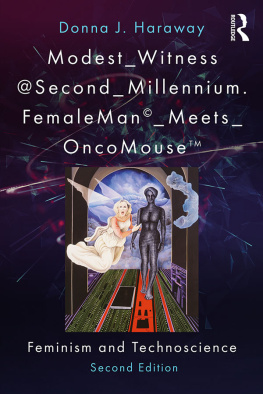
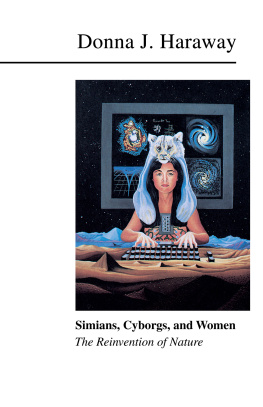
 New York
New York